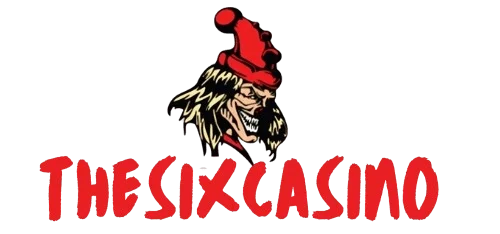PlayStation games have evolved from humble 3D beginnings into some of the most prestigious and critically acclaimed experiences in the gaming world. From the gritty polygons of the original PlayStation to the lifelike visuals of the PS5, the evolution of Sony’s gaming catalog tells a story of technical mastery and creative ambition. Many of the best games of all time have launched on this platform, and their legacy is tightly bound to the PlayStation name.
In the early days, Resident Evil, Final Fantasy VII, and Crash Bandicoot shaped what people expected from home console games. These harum4d daftar weren’t just arcade-style distractions; they were full-fledged experiences with story, characters, and replayability. PlayStation quickly became known as a platform that embraced ambitious ideas and encouraged developers to push the envelope.
The PlayStation 2 built on this momentum, offering a vast and diverse library that included Shadow of the Colossus, Metal Gear Solid 3, and Jak and Daxter. These games didn’t just sell well—they defined genres and raised the bar for world-building and game design. The PS2 era is still often referred to as a golden age of gaming, largely thanks to Sony’s commitment to cultivating innovation.
As the PS3 and PS4 rolled in, graphical fidelity improved, but what really stood out was the emotional maturity of PlayStation games. Titles like The Last of Us, Journey, and God of War (2018) weren’t just technically impressive—they were narratively profound. They told stories about survival, family, and personal transformation, blending gameplay and storytelling into seamless, unforgettable experiences.
Even the PSP contributed to this growing prestige. While it might not have the graphical power of its console siblings, it still produced beloved classics like Crisis Core, Daxter, and Monster Hunter. These games proved that handhelds could be home to serious, deep gameplay, not just pick-up-and-play sessions.
Today, the best PlayStation games continue to win awards, top sales charts, and dominate conversations in gaming communities. What started as a gaming console has become a cultural platform, home to stories that people don’t just play, but live.
